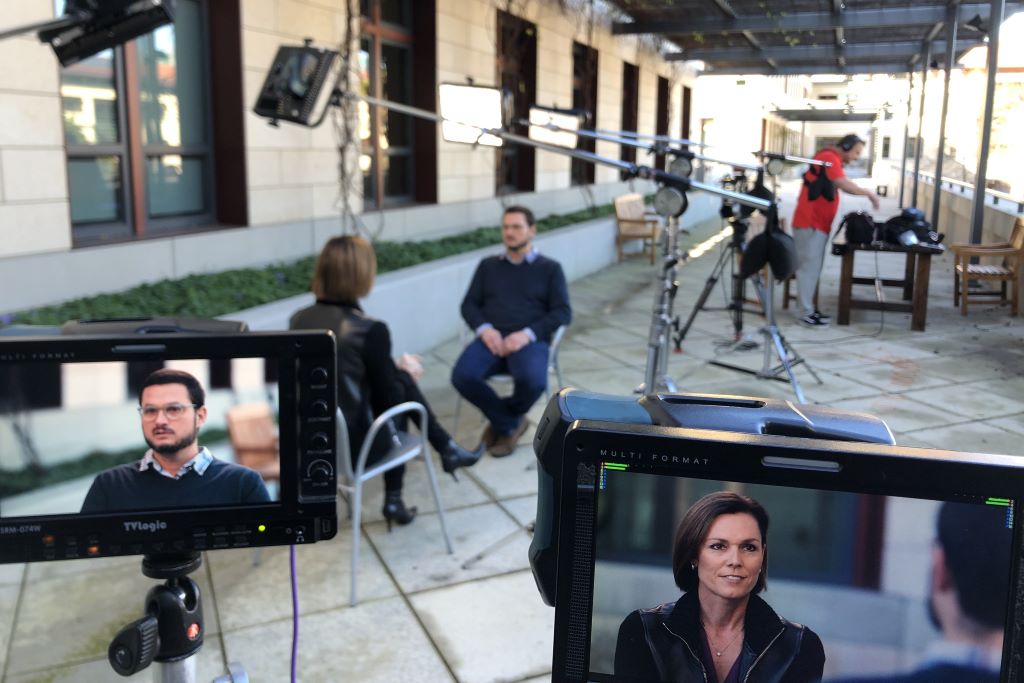Leveraging an Investigative Reporting Toolbox – An Untraditional Approach to Media Training
by Tammy Leitner

In my 25-year career as a journalist, no two days were ever the same. I’ve gone from interviewing former President Bill Clinton to searching for drug smugglers in sewage tunnels beneath Mexico; from jumping out of a plane to spending years deep in the cavernous mind of a serial rapist.
And while every day brought new challenges, the fundamental skills that I honed and utilized as an investigative journalist remained constant. These are unique skills that translate into the business world.
Unique in that investigative reporting is a different skill set than daily reporting. And leveraging the tools and techniques from my investigative journalism toolbox into the business world–specifically into coaching C-Suite executives–has been incredibly rewarding.
Over the past year, I’ve done a lot of what most people think of as media training for leaders in healthcare. The approach I take to preparing executives for these make-or-break communication opportunities is untraditional.
How? I start with what can go wrong rather than what will go right. The unexpected. The questions you don’t want to answer. The data you don’t want to be revealed.
Investigative journalists are trained to look at the entire story—every possible scenario. And that comes through in their interviews. How they ask the questions. From the order to word choices to timing. How they are unrelentless in drilling down to get people to answer the question the way they want them to, so they get the most provocative soundbite. And there is no avoiding the hard questions from an investigative journalist as they are steeped in research, calculated, and precise. Each one is designed to shape the story—and most importantly, formulate the story to the end.
Taking an unconventional approach to media training takes media training to the next level. It shows executives what it takes to react, respond, and control their message—so they land the story they want.
Bottom line: If you can survive an investigative interview, you can thrive in any interview.